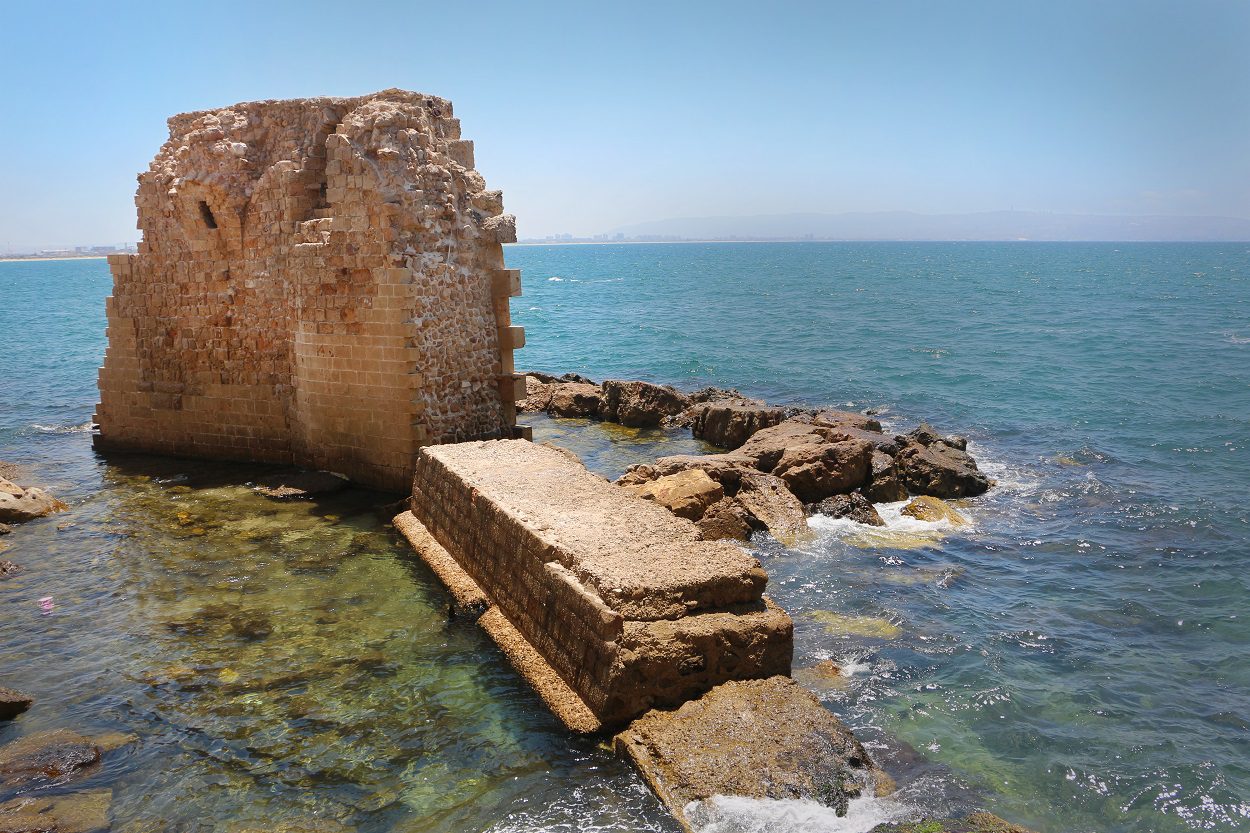The Climate Heritage Network (CHN) announced that 92 additional organisations have joined the Network following approval of their membership applications by the Network’s international Steering Committee.
Said Shanon Miller, CHN Co-Chair and Director of the City of San Antonio Office of Historic Preservation:
“This is the largest and most diverse group of new members the CHN has ever welcomed. It reflects the growing consensus that to tackle climate change, we must unlock the power of culture from arts to heritage to help people imagine and realise low carbon, just, climate resilient futures.”
The Climate Heritage Network was launched in October 2019 in Edinburgh, UK, by organisations from around the world seeking to mobilise art, culture and heritage for climate action. Founding members shared a common concern that the power of culture to drive transformative climate action was not being fully realized and a recognition that business-as-usual leads to an ever-warming globe with catastrophic consequences for the planet, its peoples, and their cultures and heritage.
The CHN aims to unlock culture’s potential by connecting cultural voices to each other and to partners across diverse artistic mediums, regional scales, and economic sectors. The new CHN members reflect this diversity. They include government bodies from the national, regional and local levels; universities and research organisations; cultural institutions; NGOs and civil society; and businesses, artists, and design professionals.
Climate change is a global phenomenon. The 92 new members are drawn from all five of the CHN’s regions: Africa and the Arab States, Asia-Pacific, Europe, Latin America and the Caribbean, and North America. The CHN works to promote solidarity with communities on the frontlines of climate change. New CHN members hail from dozens of countries, ranging from Argentina and Bangladesh to Italy and Iraq; New Zealand and Nigeria to Turkey and the United States.
Last year the CHN launched its new Action Plan for 2022-24. The Plan is based on a Theory of Change which posits that culture – from arts to heritage – enables transformative climate action by empowering people to imagine and realise low-carbon, just, climate resilient futures.
In November at the 2022 UN Climate Conference, COP27, the parties to the UN Climate Convention acknowledged the critical linkages between culture, heritage and climate change by including these themes in decisions they took and programs they launched addressing loss and damage, climate adaptation, and climate action in cities and urban areas. 2023 will see CHN members working to build on these successes.
Andrew Potts, CHN Coordinator said:
“On their own, CHN member organisations are implementing programmes, taking climate action, and doing climate change research. Together, through the CHN, they seek nothing less than to reimagine a global system of climate planning that is failing to keep 1.5° alive and deliver transformative adaption by filling a crucial gap – attention to the cultural dimensions of the climate emergency.”
“With every conversation, every new partner, every opportunity, we advance culture-based climate action. Cultural heritage supports communities towards a low carbon, resilient future. Further, faster, together,” said Arq Angélica Arias of the Instituto Metropolitano de Patrimonio de Quito and the CHN’s Co-Chair for Latin America and the Caribbean. “I am especially delighted to see new members from South America and every continent,” she added.
Markus Milligan, Founder of HeritageDaily LTD said: “We all have a responsibility to look after our shared cultural heritage and find ways to reduce our impact on the environment. As a business, we have reduced our own footprint by investing in environmental schemes such as peatland and forest restoration, and projects such as wind, capturing methane, solar, and biomass for producing electricity.”
What is the Climate Heritage Network?
The Climate Heritage Network is a global network whose members are committed to mobilising arts, culture and heritage to address climate change and support communities in achieving the ambitions of the Paris Agreement. Launched in 2019, the CHN seeks to scale up culture-based climate action and to foreground the cultural dimensions of climate policy through coordination and cooperation among its members.
CHN members work with all types of culture including arts and music; museums and libraries; landscapes, heritage sites and archaeology; and intangible heritage, traditional knowledge, and Indigenous ways of knowing. CHN members include units of government at all levels, Indigenous Peoples’ organisations, civil society, universities, cultural institutions, artists, creative industries, and design and other businesses.





